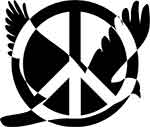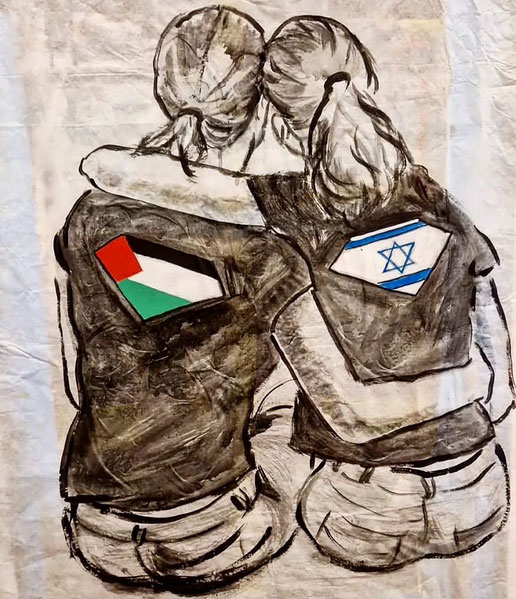The images from Gaza are impossible to ignore: destroyed homes, terrified children, overwhelmed hospitals, families torn apart. Whether or not we have personal ties to the region, we must recognize that what is happening in Gaza is not just a regional conflict—it is a human crisis, and peace is not a luxury, it is a necessity.
Peace in Gaza is important because every life matters. Every child deserves to live without the sound of drones overhead or the threat of being buried beneath rubble. Peace means the ability for people—Palestinians and Israelis alike—to live in dignity, without fear, without occupation, without rockets or blockades. When we speak of peace, we don’t mean a temporary ceasefire or political performance. We mean justice, equity, and freedom for all people living in the region.
Gaza is often dehumanized in political discourse, reduced to a war zone instead of a home for over 2 million people. Many of them are children. Many of them are survivors of generations of trauma. These people are not collateral damage. They are teachers, artists, parents, and students. Peace gives them the chance to heal, to dream, and to rebuild a future that has been stolen from them time and time again.
Peace in Gaza also represents a greater hope for the world. If we can build peace in one of the most volatile and heartbreaking regions on Earth, it sets a precedent for what is possible elsewhere. It shows that we are capable of addressing root causes—colonialism, apartheid, militarism—and replacing them with cooperation, mutual recognition, and care. The struggle for Gaza is not separate from the struggle for humanity. They are one and the same.
I believe in peace in Gaza because I believe in the power of people, not just governments. I believe in solidarity movements, in grassroots organizing, in mothers who refuse to let their children grow up in war. I believe that silence in the face of genocide is complicity, and that the most radical thing we can do is refuse to stop caring.
Peace in Gaza is not a dream. It is a demand—a moral and urgent one. And until it is realized, none of us are truly free.
—
Natasha Souza
PRC Staff Volunteer

